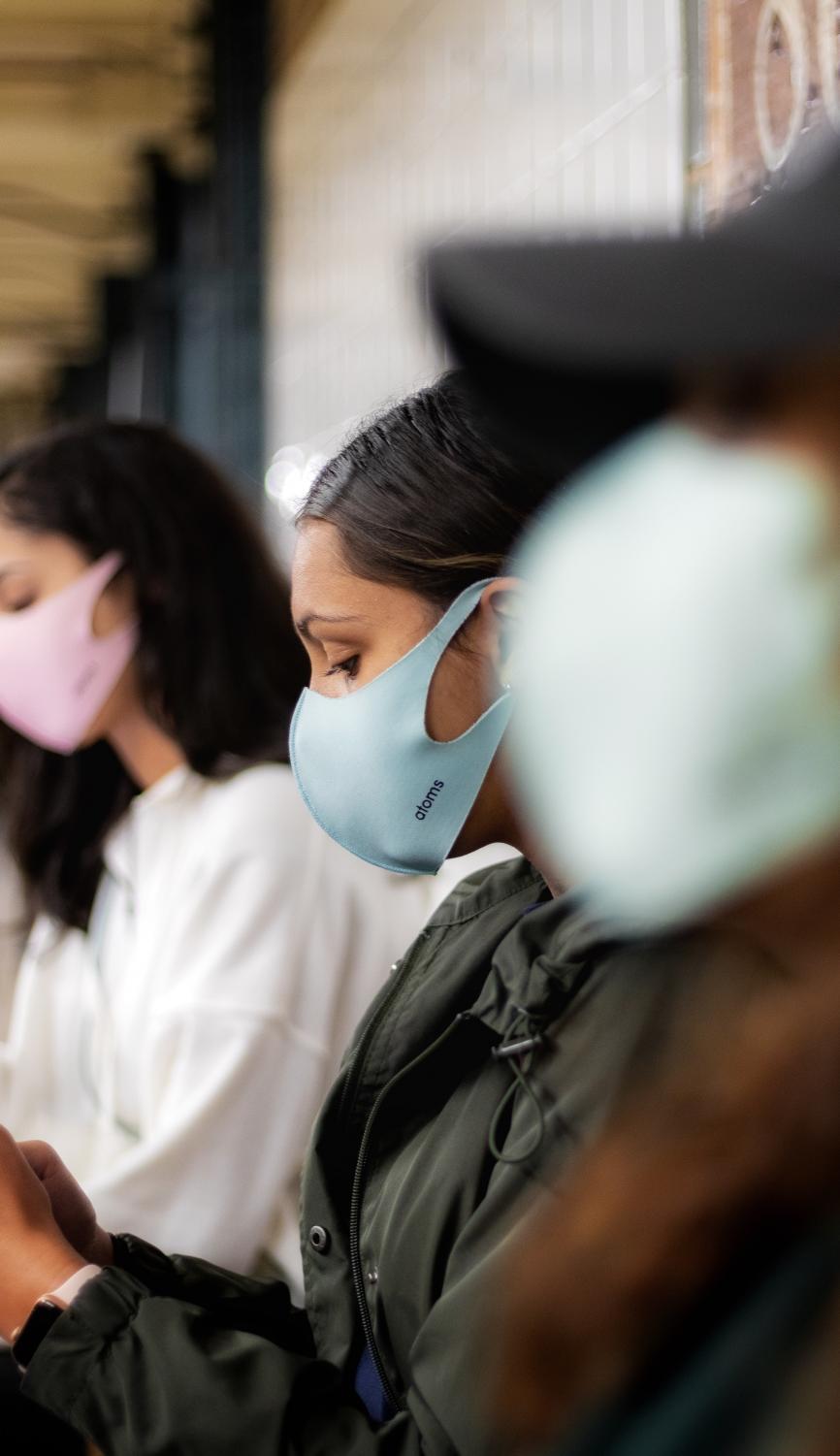Feb. 26 marks a year since the first locally transmitted case of COVID-19 was confirmed in California. This anniversary signifies a year of lockdowns, masks, social distancing and political turmoil. Although 2020 was a year distinguished by the pandemic, it was also marked by deep division in the U.S. This lack of unity must be overcome in order to effectively handle future crises.
AMERICA SHOULD TAKE NOTES
Despite initially silencing warnings of the coronavirus, China efficiently responded to the threat of the pandemic in Jan. 2020, and has had a low case and death toll since the first case spikes.
Foreign ministry spokesman Wang Wenbin said that China adopted “the most comprehensive, strictest and thorough preventative and control measures,” which included a strict quarantine, masks and social distancing.
These measures are not unlike those that the U.S. has implemented, but David Harper, a senior fellow with the Global Health Program at a London-based think tank, pointed out that China’s compliance with the restrictions was critical in preventing the spread of the virus.
“The system that exists in China allows for this central political directive to be taken through to be implemented with enforcement at the local level in a way that doesn’t exist in many other countries around the world,” according to Harper.
Harper refers to a level of enforcement that is not accepted by everyone around the globe. People are desperate for the disappearance of the disease, but not at the expense of their personal freedoms.
Although Australia does not operate with the same rigid authority of the Chinese government, they have managed to enter 2021 with a semblance of normalcy. Being an island nation, it is easier for Australia to close their borders, but an article by McKinsey & Company names three main factors that also contributed to Australia’s effective response to the pandemic: trust with its citizens, data-led decision making, and collaboration across their borders.
While Australia proves there does not need to be passive submission to government authority to quell the spread of disease, they draw attention to an important quality that the U.S. is missing: trust between the government and its citizens.
UNITY IS CRITICAL DURING GLOBAL CRISIS
According to a 2018 study by the Pew Research Center, 75% of Americans believe our trust in the government has been shrinking. If 75% of Americans believed there was low trust in government prior to the turmoil of 2020, it is difficult to imagine that a pandemic, financial crisis and civil unrest has done anything to increase that confidence.
In the past, global crises have increased American patriotism. After 9/11, Americans came together to battle a common enemy. Fear united the country against terrorism, just as it did against Japan after the bombing of Pearl Harbor.
While a study in New Zealand found that their response to the pandemic did increase patriotism, this does not appear to be the case in the U.S. The U.S. is not uniting against the pandemic—They are blaming each other for rules they do not believe in, or for a lack of adherence to such.
Americans have also received mixed signals from the government, furthering the general distrust and political divide. While former-President Donald Trump contracted COVID-19 during his campaign for a second presidential term, whereas President Joe Biden hardly ventured outside of his house during his campaign. The presidential candidates’ regard for the severity of the pandemic reflects the attitude of their followers, as well.
INCONSISTENT RESTRICTIONS ARE INEFFECTIVE
The U.S.’s increasing political divide is also reflected in the inconsistent restrictions between states. Arizona allows gatherings of up to 50 people, while Washington state prohibits gatherings of more than 10.
Varying individual beliefs about masks and social distancing, in addition to the lack of penalties for breaking restrictions, makes these mandates almost ineffective. While social distancing guidelines have managed to slow the spread of COVID-19, a lack of complete compliance and national shut-down is delaying the return to life pre-pandemic.
2021 BRINGS NEW KNOWLEDGE AND NEW HOPE
The underlying distrust in government figures, increasing political division and lack of consensus among state leaders will not change overnight. After a year of lockdowns, Americans are over quarantine. The novelty of baking bread and knitting is gone, and people are eager to return to a pre-COVID-19 life. The likelihood that Americans will participate in another national shut-down is essentially non-existent.
To many, the vaccine represents new hope. It can protect those most at-risk from the virus and lead America back into a restriction-free reality. Although we should expect disagreement about who should be vaccinated and variation among states, a slow re-entry into normalcy is better than none at all. The world knows more about the virus now than they did a year ago, and 2021 holds promise in our fight against the pandemic.












